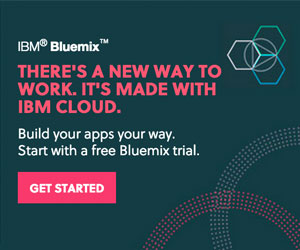Companies relying on real-time analytics to make decisions can’t suffer a slowdown.
jKool, a Melville, NY-based SaaS company, joined the highly competitive data visualization and analysis business in 2014.
As an IBM Global Entrepreneur Program member, jKool got access to IBM resources and elected to leverage IBM Cloud. The company needed a powerful cloud computing partner to make sure information arrived with the right people at the right time.
“We needed to provide immediate response, visualization and analytics on the largest sets of data,” says Charley Rich, jKool’s VP of Product Management
The company’s platform charts wide swathes of information, such as payments, orders and clicks, from its clients in retail, finance, healthcare and IoT. It also analyzes this data to highlight trends and flag operations that could be managed more efficiently.
Out of the offerings from IBM Cloud, jKool opted for its bare metal server infrastructure.
“We’re handling tremendous volumes of data, so extreme scalability is essential,” explained Rich.
Learn more here about the jKool and IBM Cloud partnership.
To explore IBM Cloud infrastructure, click here.
For more on IBM’s Global Entrepreneur Program, click here.








 /newsrooms
/newsrooms
